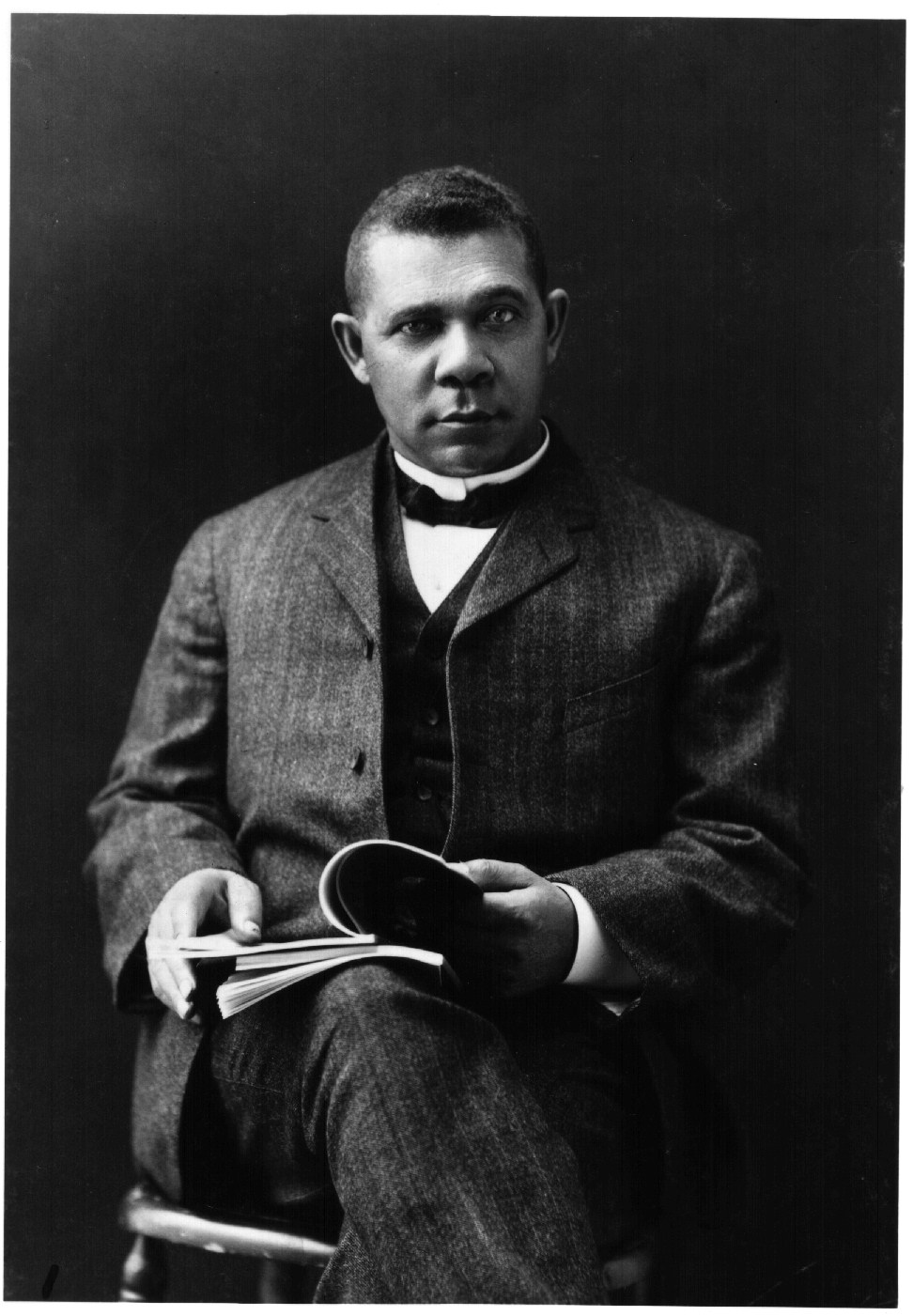What better place to begin to relive the year 1914 than in 1913. Every December, year-in-review lists are in vogue, and 1913 journals are no exception.
Of the more tantalizing stats, the Detroit Free Press reports some record-breaking highs in "necrology" (obituaries) in the Detroit area for 1913. In particular, there were 569 lives lost violently; 106 suicides (both numbers a bit higher than the national average); a doubling of drownings, homocides, and automobile deaths (which, for the first time, exceed injuries by any other vehicle, horse-drawn or otherwise); and a rise in train and miscellaneous fatal accidents (including drinking poison mistaken as medicine).
Just to put the stats into perspective: Detroit in 1913 is already a prospering manufacturing center and is about to get more so thanks to the coming boom in the automobile industry. The city has been growing by 3,000 people a month for a few years, and has reached 80% of its 2010 population, but packed into 1/3 of the space.
Some of this may just seem like, "yeah, yeah, people die everywhere ever year," but you have to keep in mind that, in 1913, Americans have been on a 40+-year obsession with health and cleanliness. Healthy body, healthy mind, healthy spirit. Advertisements for health and cleaning products are ubiquitous, and ads for everything from chewing gum to whiskey emphasize a product's purity, virtuousness, and authenticity. Relatively recent strides in sanitation have been a boon to long life and prosperity in urban America. If you live past the age of 5 (and there was a 1 in 4 chance you would not), you can reasonably expect to make it to 70.
 |
| The most popular method of offing oneself was carbolic acid (a disinfectant, readily available at pharmacies, that causes severe chemical burns and Oscar-worthy death scenes--think "drain cleaner" from "Heathers"). |
Just to put the stats into perspective: Detroit in 1913 is already a prospering manufacturing center and is about to get more so thanks to the coming boom in the automobile industry. The city has been growing by 3,000 people a month for a few years, and has reached 80% of its 2010 population, but packed into 1/3 of the space.
| I don't know about indoor plumbing, but staring at pictures of cut, half-naked men privately massaging themselves with special mittens certainly does wonders for my constitutional fortitude. Thanks to magazineart.org |
But there are no antibiotics in 1913. People have never known a generation in which an alarming number of small children did not die. Yellow fever epidemics are still in living memory, and adults in America are dying of all sorts of diseases that would be downright rare (or at least rarely fatal) in Detroit in 100 years: pneumonia, diarrhea, diabetes-related kidney disease, typhoid, dyptheria, and croup. While tuberculosis (for which rich sufferers travel to desert tent cities or mountainside sanatoria in hopes that the dry, refined air will provide relief) is on the decline, cancer is on the rise. And, although germ theory has been the reigning understanding of the cause of disease for a few decades, most folks still aren't clear on the difference between filth and germs.
The improvements in the urban sanitation infrastructure have been accompanied by a revolution in transportation, communication, and entertainment, yielding greater productivity in industry, boosting demands for goods, and creating the opportunity to have a life that is not completely entwined with and dominated by one's vocation. So, proper hygiene and neatness is not just a matter of self-respect; it is the patriotic thing to do, especially according to the growing white middle class.
 |
| Important rule for long life: Do not slaughter (or treat Bruce Willis as) your sheep when in a basement. |
The "unwashed masses" that are arriving to the country on boats from abroad (mostly peasants from Russia and Eastern and Southern Europe, whose rural origins gave them little occasion to be introduced to indoor plumbing or to have cause for alarm about the sanitation dangers of overcrowding and urban living) give rise to a middle class fear that the immigrants' personal habits would "weaken the nation's wealth and power". The new arrivals are provided Americanization lessons, not only on speaking English but on proper bathing, food preparation, and refuse disposal techniques. And immigrants cognizant of the advantages of sanitary practices are willing to move from apartment to apartment for improved access to hot water, a private toilet, and/or a stationary tub, until they can land a home with modern conveniences in a newer neighborhood. An annual income of about $1100 a year changes a family's view of a bathtub and toilet from a luxury to a necessity.
 |
| And floss already. Do NOT make me come over there. |
Adoption of "the American way" leads to greater acceptance which affords immigrants better paying jobs, resulting in better living conditions and awareness of their rights, and sends the message to the next generation that slums are bearable because hard work leads to great reward. But the American Dream is not open to just anyone willing to wash up. Rural blacks moving to northern cities get "the soap-and-water message" but not the government assistance with integrating into city life. Although outreach programs do exist, they are poorly funded and under equipped. And, at less than 10% of the Detroit population (the Great Migration is still a couple years off), African-Americans are under even greater pressure to fit in, not only from white society but from the small black middle class. Established African Americans advise newcomers to practice Booker T. Washington's "gospel of the toothbrush", to observe "restrained behavior in public places", and to not "crowd inside a street car filled with people in your dirty greasy overalls".
For immigrants and blacks alike, the adoption of values and practices around cleanliness signifies an early step in the process of assimilation and acceptance (however elusive). For the middle class, better health overall has freed them from the fear and struggle of keeping their families alive and allowed them time and resources to invest in other pursuits. For employers, it has meant a stable, reliable work force. For the country, it has meant progress, power, and possibility. Prosperity is closely tied, in the American psyche in 1914, to the universal adoption of proper morals and practices around cleanliness.
For immigrants and blacks alike, the adoption of values and practices around cleanliness signifies an early step in the process of assimilation and acceptance (however elusive). For the middle class, better health overall has freed them from the fear and struggle of keeping their families alive and allowed them time and resources to invest in other pursuits. For employers, it has meant a stable, reliable work force. For the country, it has meant progress, power, and possibility. Prosperity is closely tied, in the American psyche in 1914, to the universal adoption of proper morals and practices around cleanliness.
So, for the sake of the entire country, please wash your hands before eating and after using the restroom. And pull up your pants. There, I've said it.
In other news, the Detroit marriage license record was broken this year by 2,440. ❥
-------------------------------------------------------------------------------------------------------

Finally, a shout out to this great read. Unless otherwise linked, the quotes and info in this post came from "Chasing Dirt: The American Pursuit of Cleanliness" by Suellen Hoy.
No comments:
Post a Comment